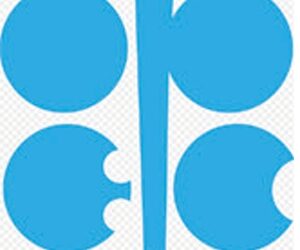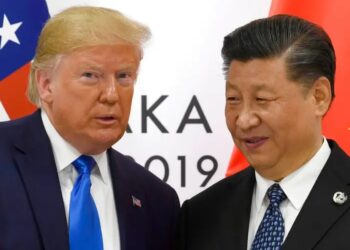“We will not stop national development because of the others; we will not slow it down because of the absence of others,” Pars Special Economic Energy Zone managing director Musa Souri told reporters in the southern Gulf port town of Assaluyeh, Agence France Presse reported.
But only a few weeks ago, officials were boasting of how they had sold bonds raising billions of euros abroad. Many analysts found that difficult to believe. The fact that officials have now stopped talking about the eurobond sales hints they may have been a flop.
Iran has already invested $48 billion in the South Pars gas projects, and the Oil Ministry has allocated $50 billion to them by 2016, Souri said. But much more capital is needed. Iran has announced a massive $200 billion investment program for the energy sector over the next five years.
“We do need more funds for which we have various options, including raising them through domestic bonds,” Souri added, without mentioning eurobonds.
Souri said that assets of expatriate Iranians, including those in the United States, could be tapped to meet these needs. But that is a mythical source; Iranians living in the United States, whether US citizens or not, are forbidden to invest in the Islamic Republic under US sanctions.
In mid-August Ali Vakili, then head of Pars Oil and Gas Co, the firm in charge of developing South Pars, said $3 billion in domestic bonds would be issued during the current Persian year to fund the South Pars development. That would not go far toward the $200 billion Souri said was needed.
Echoing a defiant tone, the managing director of the South Pars Gas Complex, Ali-Akbar Shabanpur told reporters that sanctions imposed on Iran has not had any impact on the Islamic Republic. “We are capable of doing these projects. We are sure of our own expertise…. For 100 years we have been doing this,” he said.
“Iranian companies have been laying pipelines for 30 years with all the obstacles and hurdles. We have been doing well. We know how to manage—and how to manage better,” Shabanpur added.
Pipelines are technology that Iran has indeed mastered. But the development projects on the books go far beyond pipelines and include enhanced oil recovery from ageing oilfields, which involves the newest technology, and liquefaction of natural gas, a technology only a few western firms have.
Ahmad Qalebani, managing director of the National Iranian Oil Co., acknowledged last week that Iran is only extracting 28 percent of the oil in the oilfields it is already exploiting. To extract more will take newer technology
When asked to elaborate on how Iran is procuring the technology to execute these giant projects, Souri blandly stated that the Islamic Republic has the required expertise.
“We are now domestically manufacturing 65 to 70 percent of the equipment required … and there are foreign companies who also have shown interest—but given the sensitivity we would not like to name them,” he said.
The United States barred investment in Iran’s oil and gas projects in 1995 and the EU issued its own bar last October.
Over the last decade, China has signed some preliminary agreements to finance major Iran projects, but those preliminary agreements do not seem to have advanced to firm contracts. Souri did not even mention China as a source of needed capital.























